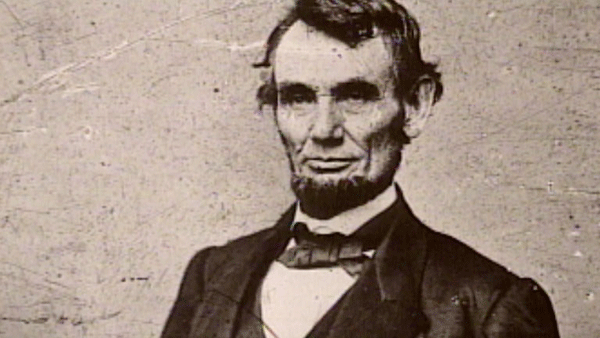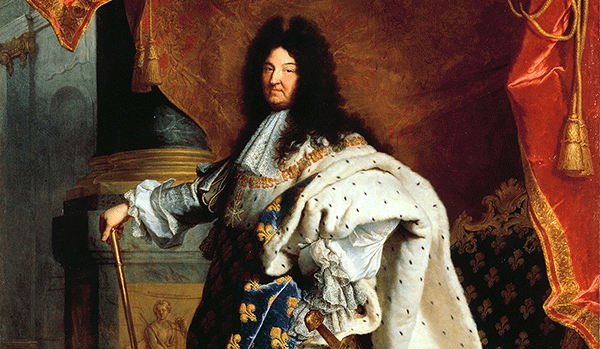I don’t remember the names of my history teachers up to the age of 14. I forgot their names as effectively as I forgot the dates of Kings who graced the English throne. I remember a few things they told me. Earlier English kings had exotic names like Ethelbard and Sweyn Forkbeard, but the later ones were horribly conformist, sporting names like William, Edward, Henry and Richard.
What I know of such kings, and it isn’t much, owes more to watching Shakespeare’s plays than to any history teachers.
At the age of 14 my appreciation of English history was anorexic. As I recall, history began with Egyptians who build pyramids and had pharaohs instead of kings. I remember asking what about the difference and was told that ‘pharoah was the right word’. The pharoahs had a morbid obsession with death. They were mummified and buried in artistic coffins with their faces painted on the outside. After that came Babylonians, who had beards. Then came the Greeks in two varieties: Spartans and Athenians. The Spartans appealed more because 300 of them died heroically, fighting the Persians.
Then came Romans who had Punic wars with Carthaginians. They had emperors, the word ‘pharaoh’ having gone out of style, and eventually one of those emperors conquered Britain, soundly beating Queen Boudica. Thus began English history. The Romans hung around for a while, built a wall to keep the Scots out, then left, possibly because they didn’t appreciate the climate.
Real English history began when Angles and Saxons flew in from Europe and what had been called Briton was renamed England after the Angles. That’s when the long procession of kings began. Some kings were killed, some died of old age and one, called Ethelred, was unready. The motto of the Scouts ‘be prepared’ was a latter-day English attempt to compensate for Ethelred. Years later we got conquered by William The Conqueror, who never conquered anyone else and was thus a one trick conqueror.
King John, who obviously spoke Latin, agreed to the Magna Carta which had something to do with rights. This happened at Runnymede, which may still exists but doesn’t have an MP. It sounded like a substandard alcoholic drink, so it stuck in my mind. After a long line of forgettable kings, we eventually arrived at Henry the Eighth, who had lots of wives, and Queen Elizabeth who destroyed the Spanish Armada. That’s where English history stopped for me – because I changed school. More about that in a minute.
Now I live in America. When I first arrived here, I didn’t quite understand that America had soundly beaten the British in a revolutionary war. I knew America was once a colony, but I knew very little of the history surrounding its birth as a nation. I discovered the facts when I applied for a green card. The lawyer who handled my application was a history buff. He told me that ‘The Founding Fathers’ would have been hanged-to-the-man if the British had ever caught them. The British, he informed me, simply thought of this colonial uprising as a mutiny. You hang mutineers.
He was a bubbling font of historical knowledge. He told me about Paul Revere’s famous ride, which was famous mainly because Longfellow wrote a poem about it, immortalising the words ‘one if by land and two if by sea’. Most of the poem owes nothing to historical fact, but that particular line of the poem does. It was an agreed signal by those mutineers, using lamps in a church tower, to let other mutineers know that about the movement of the British mutineer control expedition.
One if by land and two if by sea is also the name of a high class Manhattan restaurant.
I knew almost no American history. I didn’t know who the Pilgrim Fathers were or why they left England. I didn’t know why Abraham Lincoln was so admired or why he was shot. I didn’t know who Jefferson was. There are terrible holes in my history, chasms even. What was worse, most educated Americans I encountered knew their history well. They knew who Alexander Hamilton was, who Lewis and Clarke were, who Cotton Mather was, who John Brown was and who Cesar Chavez was.
They learned about such people at school, while I was learning nothing about English history.
They even know what their constitution – a collection of amendments, apparently – says. Does the UK have a constitution? I’m not quite sure. When an American asks me, I say, ‘Yes, but it’s never been published – it would be far too dangerous to give the legal profession something like that.’ I can defend my historical shortcomings. America doesn’t have that much history, so how hard could it be? You could probably fit it all in a single paperback.
My ignorance of UK history is either my fault, or my teachers are to blame. Those who tried to teach me history at my first secondary school buried it for me and threw dust on the grave.
Mr Fletcher, the brilliant history teacher at the school I moved to, exhumed it for me and sent it marching round the room and down the hallway. He didn’t teach me English history, he taught me European history.
He injected history with life. He wove facts together with compelling narratives.
He told amazing tales, for example, about Charles XII of Sweden; Carolus Rex. Who suspected that Sweden had history? It does – lots of it, and Charles XII stands tall at the centre. A young inexperienced king, he was attacked by the triple alliance of Denmark–Norway, Saxony–Poland–Lithuania and Russia. The Great Northern War ensued. Charles, both a fighter, a general and a king, led from the front. Usually outnumbered, he won victory after victory, until only the Russians were left standing. He defeated superior Russian forces in battle after battle. He was eventually defeated at Poltava, when he was wounded and unable to take command of his army.
Mr Fletcher was a magician who brought historical characters to life.
He did the same with Louis XIV, the Sun King, and with Frederick the Great of Prussia. He managed to make sense of the Holy Roman Empire, which was, he assured us, ‘neither holy, nor Roman, nor an Empire.’ He marched Napoleon all over Europe, and to Egypt, and then on to Russia – which didn’t work out too well for the French. He spent a whole lesson explaining Napoleon’s victory at the battle of Austerlitz, with nothing more than chalk and a blackboard and a surprising knowledge of military tactics.
This is why I know so little about English history. The only true history teacher I ever had taught me European history.




